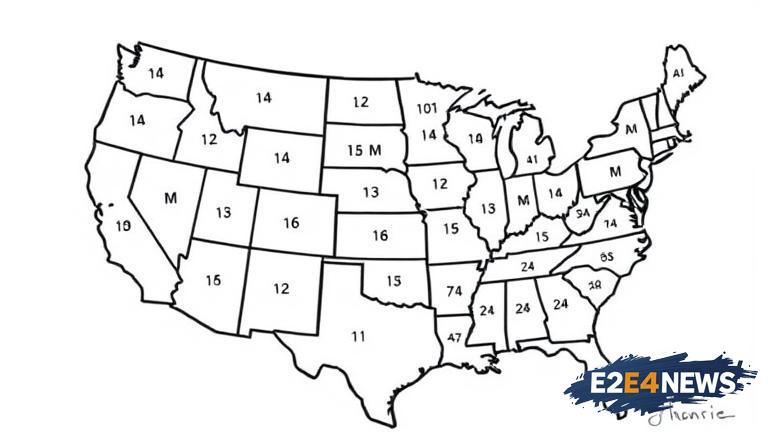The US Department of Justice, led by Attorney General Jeff Sessions, has sent a letter to 44 states requesting that they turn over their voter lists and election information. The request has been met with resistance and criticism from many states, with some arguing that it is an overreach of federal power and an attempt to suppress voter turnout. The letter, sent by the Department of Justice’s Civil Rights Division, asks states to provide information on their voter registration and election procedures, including voter lists, voting machine certification, and post-election audit procedures. The request also asks states to provide information on any changes they have made to their voter registration and election procedures since the 2016 presidential election. Many states have expressed concerns about the request, citing concerns about voter privacy and the potential for voter suppression. Some states have also questioned the authority of the Department of Justice to request such information, arguing that it is an overreach of federal power. The request has also sparked concerns about the potential for voter intimidation and the impact on voter turnout, particularly among minority communities. The Department of Justice has argued that the request is necessary to ensure compliance with federal voting laws and to prevent voter fraud. However, many experts have questioned the need for such a request, arguing that voter fraud is rare and that the request is an attempt to justify stricter voter ID laws and other measures that could suppress voter turnout. The controversy surrounding the request has highlighted the ongoing debate over voting rights and election integrity in the United States. The request has also sparked concerns about the role of the Department of Justice in enforcing federal voting laws and the potential for partisan politics to influence the department’s actions. As the controversy continues to unfold, many states are weighing their options and considering whether to comply with the request or resist it. The outcome of the controversy could have significant implications for voting rights and election integrity in the United States, and could potentially impact the outcome of future elections. The request has also raised questions about the potential for other federal agencies to request similar information from states, and the potential for a broader effort to suppress voter turnout and undermine election integrity. The controversy surrounding the request is likely to continue in the coming weeks and months, as states and the Department of Justice negotiate over the request and its implications. Ultimately, the outcome of the controversy will depend on the actions of states and the Department of Justice, and the willingness of both parties to compromise and find a solution that balances the need to prevent voter fraud with the need to protect voting rights and election integrity.
